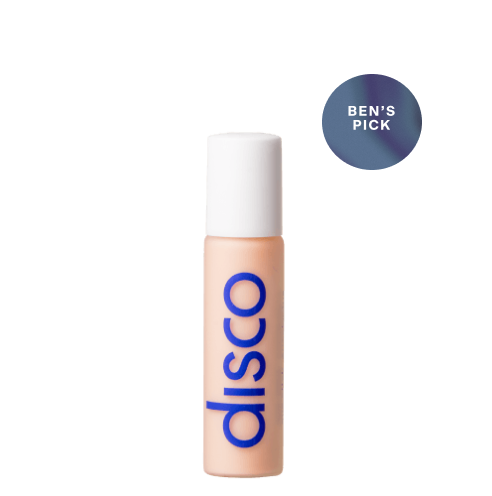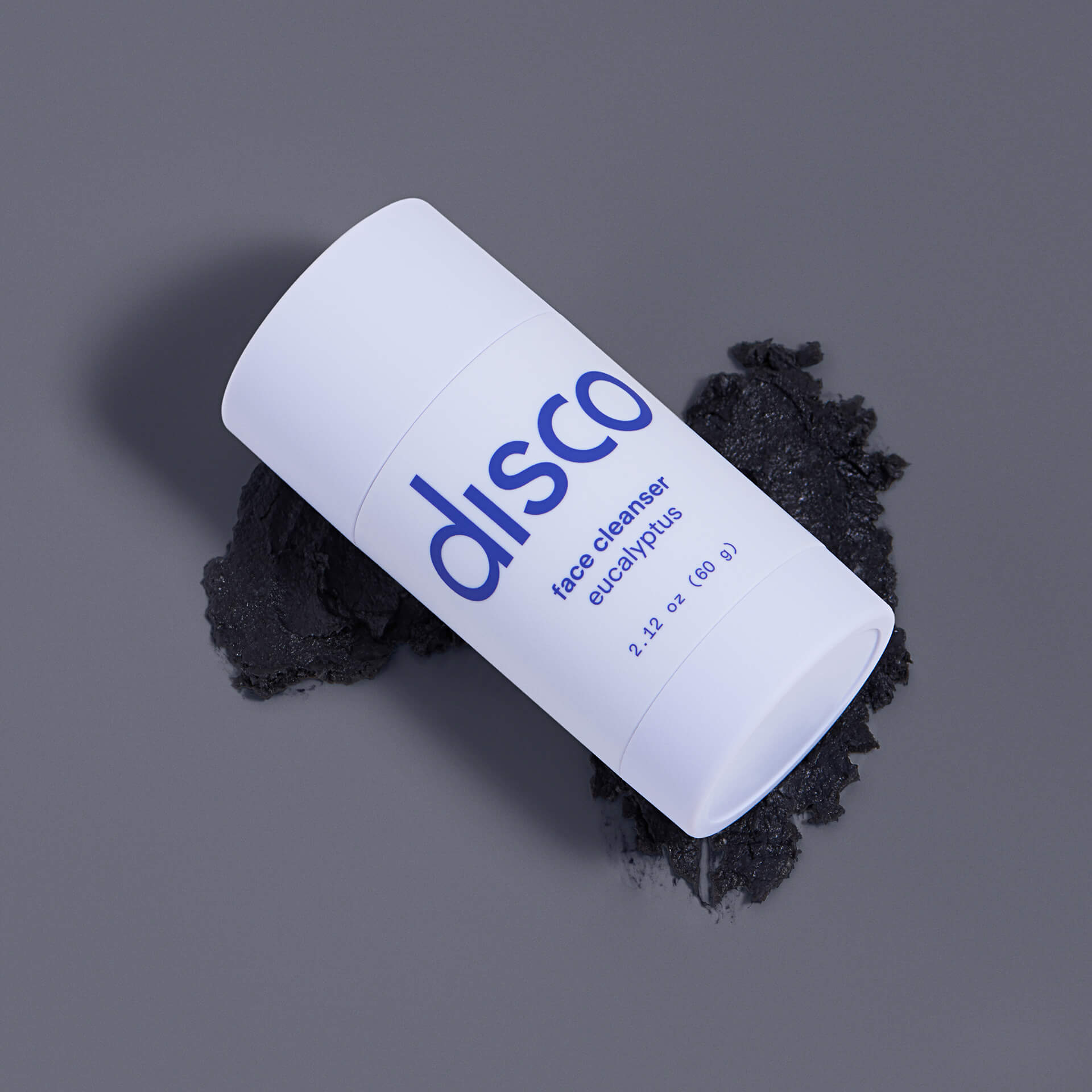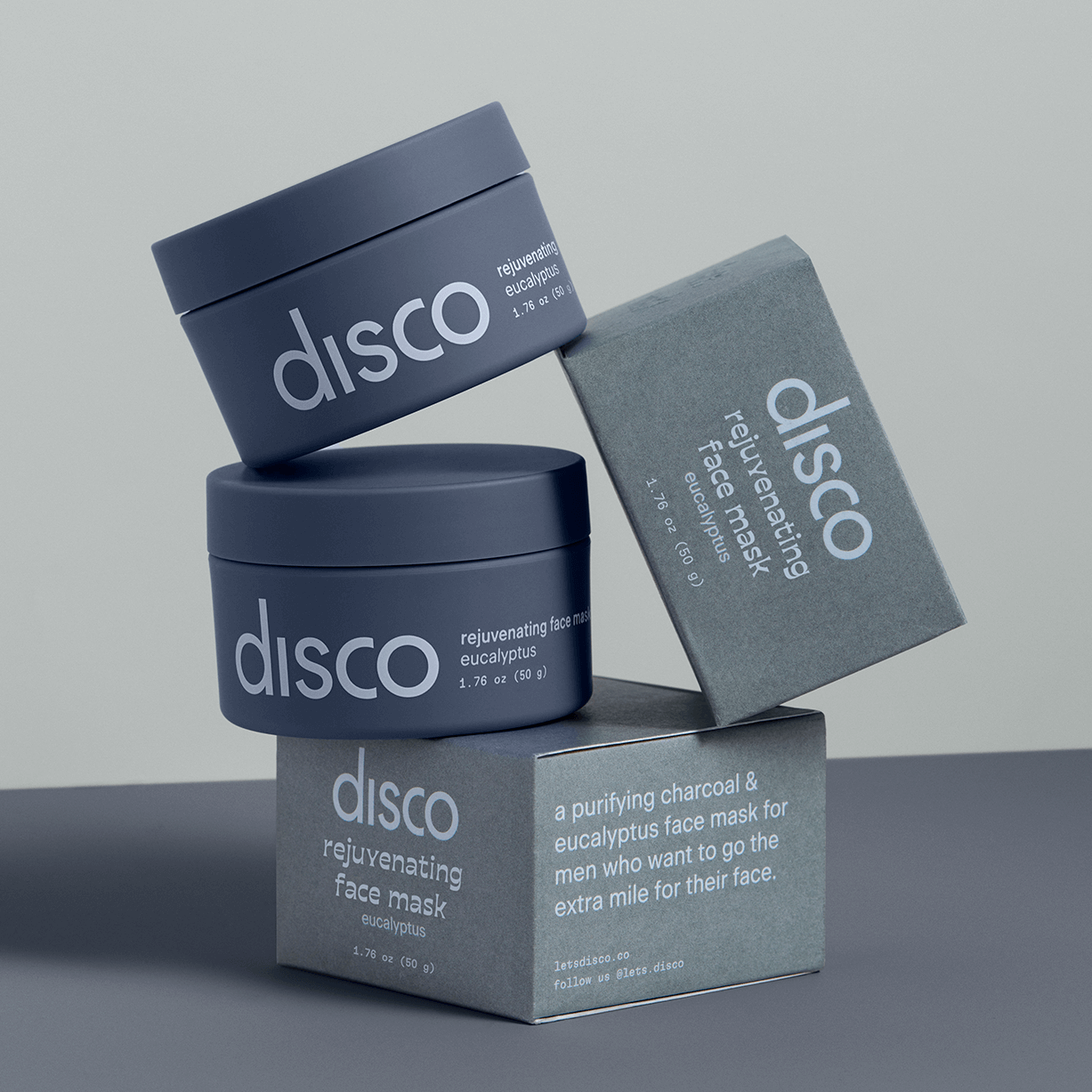The nose always seems to be the oiliest spot on the face, and it can be frustrating to handle the excess oil and avoid the glazed donut look. Even if you have dry skin or typically don’t have an oily face, the nose can still produce more oil than other places on the face. Let’s look at some of the leading root causes of the oily nose and oily skin.
Why Is My Nose So Oily?
The face produces a natural oil called sebum, which is emitted from the sebaceous glands. We have sebaceous glands all over the body, and this is what keeps our face and body naturally lubricated. However, men normally have larger pores on the nose, which is why the nose can produce more sebum than in other places.
Another reason that could be contributing to an oily nose is having combination skin. If your skin type is a combination, this means that some parts of your face are typically dry, while others are oily – in this case, your nose and T-zone (which is the chin, nose, and forehead area) tend to be more oily than other parts. The best way to manage an oily nose with combination skin is to find a skincare regimen that works to balance excess oil and dryness.
Hormones can also play a role in having excess oil on the nose. Men can experience puberty from the ages of 9 to 20, and during this period, hormonal fluctuation can impact the amount of oil produced by sebaceous glands. This amounts to why teenagers tend to be more acne-prone than in earlier or later stages of their lives.
The size of pores and activity from sebaceous glands is determined mostly by genetics and these other key components such as puberty, hormones, and skin type. The good news is that we can take actionable steps to reduce the amount of sebum produced by the pores on the nose, and even take steps to visibly hide the size of our pores.
5 Tips for Reducing Oil on Your Nose
1. Use a face cleanser at least twice a day
Cleansing is paramount to managing excess oil, dirt, dead skin, debris, and bacteria that can build up on your face throughout the day. Manage an oily nose by washing with a gentle, all-natural face cleanser at least twice a day; once in the morning, and once in the evening before going to bed.
For a cleanser that works well with combination-type skin, try the Disco Charcoal Face Cleanser Stick. Formulated with Charcoal, Phytic Acid, and nourishing Coconut Oil, the Face Cleanser covers all the bases when it comes to absorbing excess oil and restoring moisture to the spots that need some extra hydration.
2. Use a hydrating moisturizer daily
Excess oil on the face is a strong sign that your skin is actually in need of moisture, rather than lacking it. This is because when our skin is dry and lacking moisture, the sebaceous glands overcompensate, and produce more oil to lubricate the face.
To counteract this, use a Hydrating Face Moisturizer to restore the moisture barrier on the face. Look for ingredients like Vitamin C, Macadamia Oil, and Niacinamide that offer hydration to the nose, and battle the excess oil.
3. Incorporate exfoliation into your skincare routine
Dead skin cells build up on the skin throughout the day. If you neglect to remove dead skin, it can block new skin cell regeneration, and contribute to a dull, oily complexion.
Ensure that you incorporate an exfoliating regimen into your daily skincare routine, to ensure you clear away dead skin cells, and stimulate new skin cell growth. An oily nose can build up a lot of dead skin cells, and can even block large pores, creating blackheads. Exfoliating daily will make sure you avoid this.
4. Wear a non-comedogenic, mineral sunscreen to protect against skin damage
Wear an SPF of at least 30 every day. Exposure to UV rays is the number one leading cause of skin cancer, and permanent skin damage. It’s essential to wear sun protection every day to protect the skin against harmful UV rays and sun damage, which can also lead to excess oil on the nose.
Use Disco Mineral Sun Block for a safe and effective way to protect your skin from UV damage. Formulated with 20% Zinc Oxide, Tripeptide, and Niacinamide, the Mineral Sun Block is absorbed into the skin quickly without leaving oil, greasiness, or a white cast.
5. Use all-natural charcoal to absorb excess oil
Charcoal is one of the most beneficial ingredients for oily skin and an oily nose. Activated charcoal has a high dispersion force, lending itself to be a naturally absorbent substance when in contact with skin. With direct surface contact and application on the nose, it sucks out toxins and absorbs excess oil.
Many Disco products utilize Charcoal to detoxify and reduce oil on the nose, like the Rejuvenating Face Mask, and the Face Cleanser Stick.























































